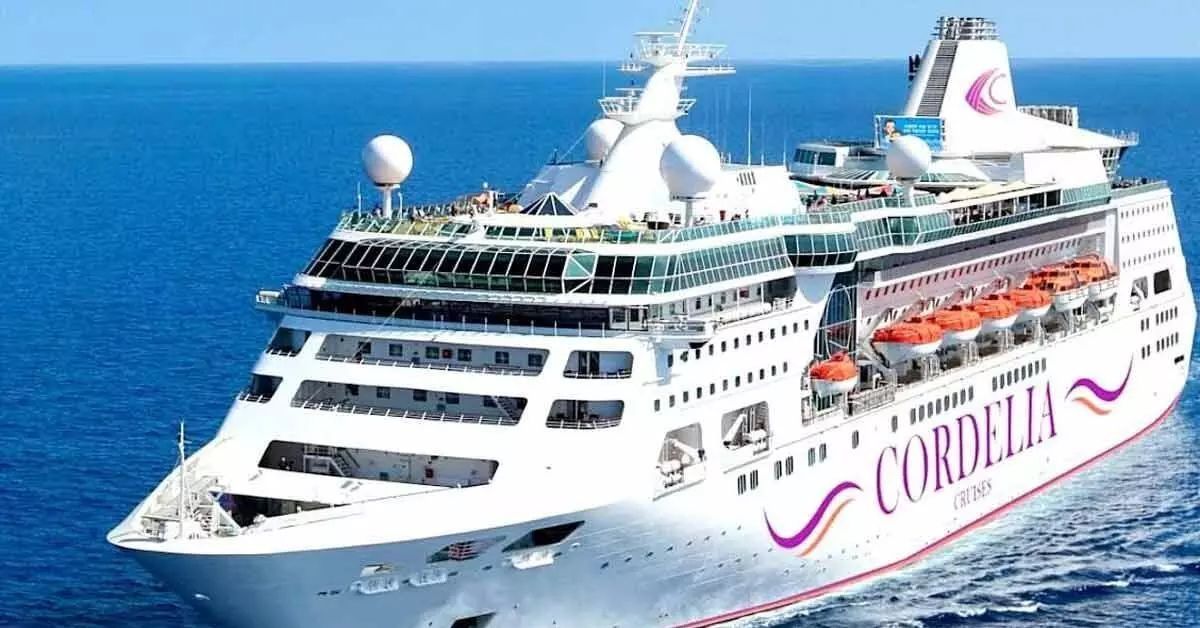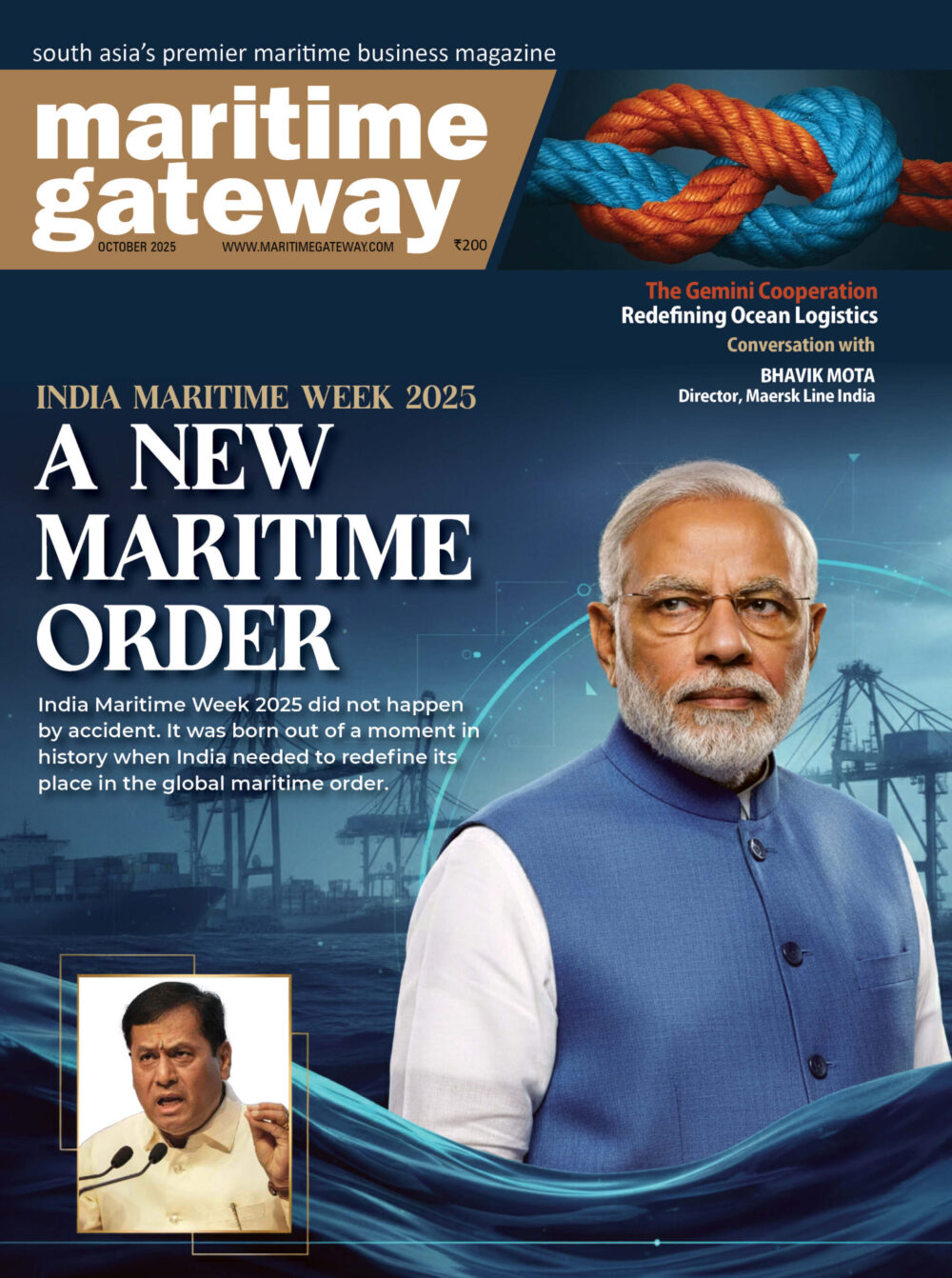The ports in Visakhapatnam, Mumbai, Mormugao, New Mangalore, Kochi, Chennai and Tuticorin have also attracted international cruise liners, but still the cruise tourism market in India is only $100 million, which is just 1% of the global market. Even though it has a vast potential for growth, considering the nation’s extensive coastline and over hundred navigable rivers. Budget 2024 has announced a couple of tax incentives for foreign cruise liners. While this is a step forward, experts say significant infrastructure gaps hinder the industry’s growth.
Considering the taxation regime, no specific Goods and Services Tax (GST) concessions have been proposed, and ticket sales will continue to attract 18% GST. In the case of non-resident cruise ship operators, a specific provision has been introduced whereby only 20% of the amount received by it for the carriage of passengers will be deemed to be income and taxed accordingly. Second, the lease rentals paid by the non-resident cruise ship operators shall be exempt from tax in the hands of the recipient foreign company till assessment year 2030-31 if both these companies are subsidiaries of the same holding company.
“We could see three-four more cruise liners entering the Indian market in the near future if the government addresses the existing challenges, including improving port infrastructure and streamlining regulatory processes,” says Jurgen Bailom, president and CEO of Waterways Leisure Tourism that operates cruises under the brand of Cordelia Cruises. He says cruise services should be exempted from tax collected at source, adding that it will reduce costs, boost bookings and benefit the industry and the economy.
Cruise owners are also worried about regulatory issues—like the ban on casinos along the Indian coast, except Goa. “Casinos add excitement to the cruise experience, attracting travellers seeking entertainment and leisure,” says Bailom. Cordelia Cruises can open its casinos only when its ships have left India’s territorial waters.
According to Sanjay Basu, chairman of Adventure Resorts & Cruises, which operates a 23-cabin luxury river cruise ship MV Mahabaahu on the Brahmaputra, among others, there is an urgent need to simplify bar licensing, allow onboard casinos to compete with international vessels and streamline permissions for operating spas. He says water-to-land connectivity infrastructure should be enhanced with more and better piers, jetties, quays, marinas and ports. “Cruise passengers should be able to disembark and seamlessly step into their destination, as they do in the Mediterranean, Aegean, Adriatic, Norwegian and Alaskan seas,” says Basu.
Since the government has rolled out incentives for foreign cruise liners, domestic operators are concerned about potential competitive disadvantages. “Local industry must be given a level playing field with larger international players,” says Raj Singh, founder and chairman of Antara Cruises, India’s largest river cruise operator. He says special attention should be given to river cruises, as the operators cannot leverage economies of scale.
“Since river cruise ships are smaller, with fewer number of cabins, we have to charge Rs 30,000-60,000 per night, much higher than international liners,” he says. He suggests that the government should recognise cruise as an industry and provide capital subsidies as a form of viability gap funding.









